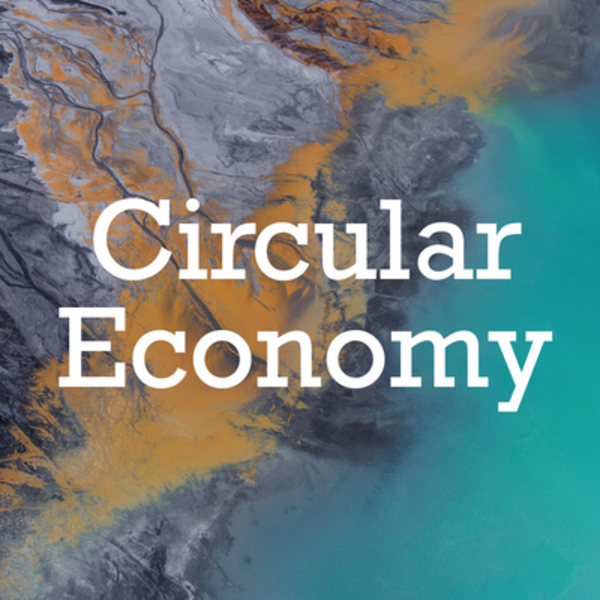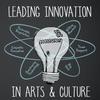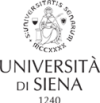Price:
3655 EUR
Contact
Ghent University
Description
This course looks at where important materials in products we use every day come from and how these materials can be used more efficiently, longer, and in closed loops. This is the aim of the Circular Economy, but it doesn’t happen on its own. It is the result of choices and strategies by suppliers, designers, businesses, policymakers and all of us as consumers.
In addition to providing many cases of managing materials for sustainability, the course also teaches skills and tools for analyzing circular business models and promotes development of your own ideas to become more involved in the transition to a Circular Economy.
You will learn from expert researchers and practitioners from around Europe as they explain core elements and challenges in the transition to a circular economy over the course of 5 modules:
Module 1: Materials. This module explores where materials come from, and builds a rationale for why society needs more circularity.
Module 2: Circular Business Models. In this module circular business models are explored in-depth and a range of ways for business to create economic and social value are discussed.
Module 3: Circular Design, Innovation and Assessment. This module presents topics like functional materials and eco-design as well as methods to assess environmental impacts.
Module 4: Policies and Networks. This module explores the role of governments and networks and how policies and sharing best practices can enable the circular economy.
Module 5: Circular Societies. This module examines new norms, forms of engagement, social systems, and institutions, needed by the circular economy and how we, as individuals, can help society become more circular.
This course is brought to you by:
LUND UNIVERSITY
INTERNATIONAL INSTITUTE FOR INDUSTRIAL ENVIRONMENTAL ECONOMICS (IIIEE)
EIT RAWMATERIALS
VITO
GEOLOGICAL SURVEY OF DENMARK AND GREENLAND
NATIONAL TECHNICAL UNIVERSITY OF ATHENS
GHENT UNIVERSITY
DELFT UNIVERSITY OF TECHNOLOGY
Specific details
Category of Education
Business and Economics







 How to resolve AdBlock issue?
How to resolve AdBlock issue? 


Comments (0)